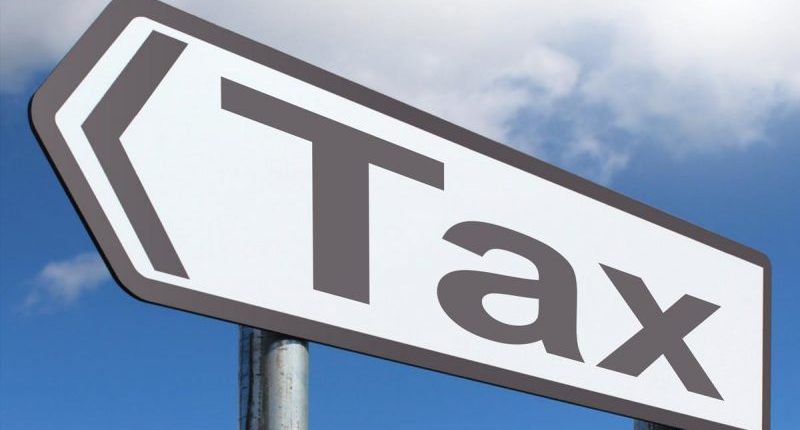In the Union Budget 2023, the government unveiled a set of new Income-Tax rules. One of the significant rules in personal taxation was the designation of the new income-tax regime as the default tax structure.
In her Budget speech, Union Finance Minister Nirmala Sitharaman stressed that the proposals under the new income tax regime look forward to empowering individuals by allowing them to retain more of their income. This approach shifts responsibility to taxpayers, empowering them to choose when it comes to investing their money instead of relying on government incentives or disincentives.
Revised tax slab: Adjustments were introduced in the income tax slabs within this framework to ensure the new tax regime is more attractive.
- Nil tax on income up to Rs 3,00,000
- 5% for income between Rs 3,00,000 and Rs 6,00,000
- 10% for income from Rs 6,00,000 to Rs 9,00,000
- 15% for income from Rs 9,00,000 to Rs 12,00,000
- 20% for income from Rs 12,00,000 to Rs 15,00,000
- 30% for income above Rs 15,00,000
Tax exemption threshold in the new tax regime: The tax exemption limit has been raised in the new tax regime. Individuals adopting the new tax system will get tax exemption on income of up to Rs 3 lakh, which till now was available only up to Rs 2.5 lakh. That means tax exemption on an additional Rs 50, 000 will be available from 2024 onwards.
New income-tax regime as default tax structure: The new tax regime has been introduced as the default regime. This means that while filing an income tax return (ITR), it will, by default, highlight the new tax regime. In case you wish to revert to the old tax system, you will have to select it manually.
Increase in tax rebate: As per Section 87A of the Income-Tax Act (ITA), 1961, the rebate threshold has been raised from Rs 12,500 to Rs 25,000 in the new tax regime.
Standard deduction of Rs 50,000: Until 2023, employees and pensioners paying income tax used to get tax deductions of Rs 50,000 only under the old tax system. From 2024 onwards, employees and pensioners who opt for the new tax regime will also get a standard deduction of Rs 50,000.

Rajiv is an independent editorial consultant for the last decade. Prior to this, he worked as a full-time journalist associated with various prominent print media houses. In his spare time, he loves to paint on canvas.





